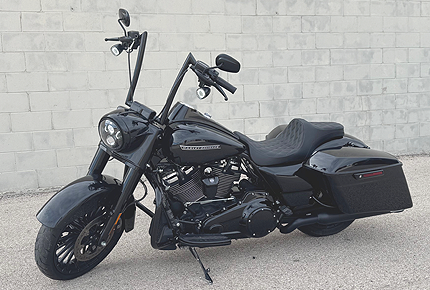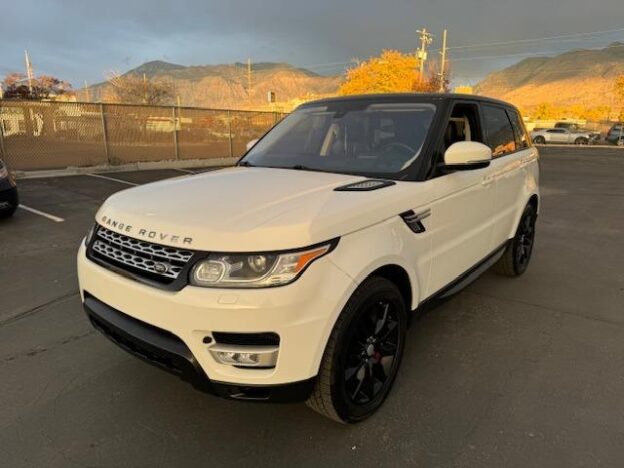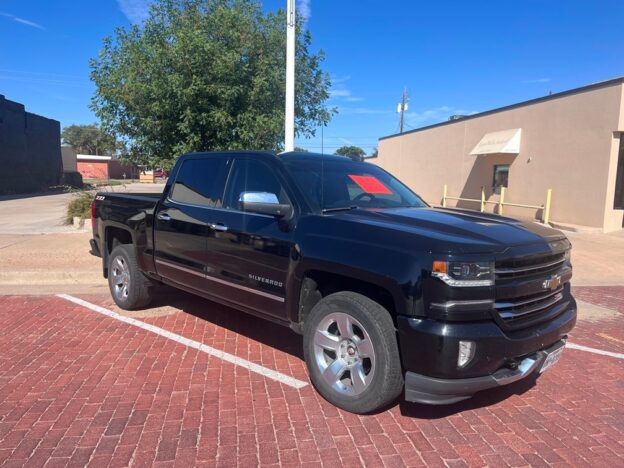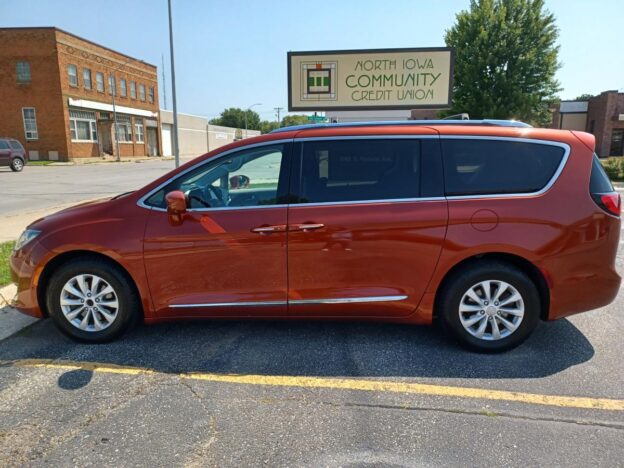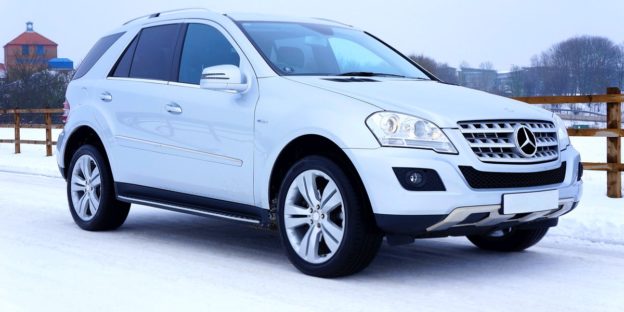Where to Find First Basin Credit Union Repos
Are you searching for affordable vehicles or property? Consider First Basin Credit Union (FBCU) repossessed assets. Buying repossessed vehicles or real estate can save you thousands. FBCU, based in Texas, is a trusted institution with a history of serving its community. Learn where to find their repos and how you can benefit from purchasing them directly.
What Are Repossessed Assets?
Repossessed assets are items like cars, trucks, RVs, motorcycles, or even homes taken back by a bank or credit union. This happens when a borrower can’t make payments on their loan. Financial institutions, like FBCU, then sell these items to recover their money.
Buying repossessed items can be a great deal. They often cost much less than buying from a dealer. That’s because banks don’t add commissions or fees. Instead, they just want to recoup their losses. This means big savings for buyers!
Why Buy Repossessed Vehicles and Property?
Here are some reasons why buying repossessed items is smart:
- Lower Prices: Repos are usually priced below market value.
- No Middleman Fees: Buying directly from banks means no dealer markups.
- Wide Variety: From cars to ATVs to real estate, you have many options.
- Quick Process: Banks want to sell repos quickly, which makes the buying process smoother.
- Transparency: Credit unions like FBCU provide honest pricing without hidden fees.
A Quick History of First Basin Credit Union
First Basin Credit Union, also known as FBCU, has served Texas communities for decades. Founded in 1965, it started as a small credit union for local oilfield workers. Today, it’s grown to serve a wide range of members across West Texas. FBCU is known for its commitment to helping members achieve their financial goals, including offering repossessed vehicles and property at affordable prices.
Where to Find First Basin Credit Union Repos
If you’re looking to buy FBCU repossessed vehicles or property, here’s where to start:
- First Basin Auto: FBCU has a dedicated website for repos: First Basin Auto. This site lists vehicles and other items they’re selling. Check it often because inventory changes quickly.
- RepoFinder.com: This is the best starting point for anyone new to buying repos. RepoFinder links buyers directly to credit unions and banks like FBCU. You’ll find a list of repos from all over the country, including FBCU repos. Visit RepoFinder’s blog for helpful tips on buying repossessed items.
- Local Credit Union Branches: Visit FBCU branches and ask about available repos. They’ll guide you to the right resources.
How Banks and Credit Unions Get Repossessed Vehicles
Here’s a simple explanation of the repo process:
- Loan Default: A borrower can’t keep up with payments on a car, boat, or home.
- Repossession: The bank or credit union takes back the item because it was collateral for the loan.
- Sale to Recover Losses: The financial institution sells the item to recover their money. They price it to sell quickly, often below market value.
Credit unions like FBCU prefer selling repos directly to buyers. This helps them avoid the extra costs of auctions or dealerships.
Tips for Buying Repossessed Vehicles or Property
If it’s your first time shopping for repos, follow these tips:
- Do Your Research: Check the value of the car or property you’re interested in. Websites like Kelley Blue Book can help.
- Inspect the Item: Most repos are sold “as-is,” so inspect them carefully.
- Ask Questions: Don’t hesitate to ask the bank about the vehicle’s history or condition.
- Secure Financing: If you need a loan, ask FBCU or your local credit union about financing options.
- Act Fast: Repos are in high demand, and good deals go quickly.
Why RepoFinder Stands Out
RepoFinder is the only website that connects buyers directly to banks and credit unions. This means you avoid dealer fees and middleman commissions. Unlike dealer-only auction sites, RepoFinder gives you access to repos from institutions like FBCU. It’s like buying directly from a private seller, but with the security of dealing with a reputable bank.
RepoFinder simplifies your search by listing repos from across the country in one place. Whether you’re looking for a car, truck, boat, or even a home, RepoFinder is your one-stop shop.
The Value of Buying Directly From Credit Unions
When you buy repos from a credit union like FBCU, you enjoy many benefits:
- No Dealer Markups: Credit unions aren’t trying to make a profit on sales.
- Fair Pricing: You’ll get a better deal compared to traditional dealerships.
- Trustworthy Transactions: Credit unions prioritize their members, ensuring fair and transparent deals.
- Potential Financing Options: Many credit unions offer financing for their repos.
Conclusion
Finding First Basin Credit Union repos is easier than you think. Start with their First Basin Auto website or browse repos from FBCU and other banks on RepoFinder.com. Buying repossessed vehicles or property can save you money and offer great value. Remember to research, inspect, and act fast when you find the right deal.
RepoFinder makes it simple to connect directly with banks and credit unions, ensuring you skip the middleman and save. Start your search today and drive away with a great deal!

